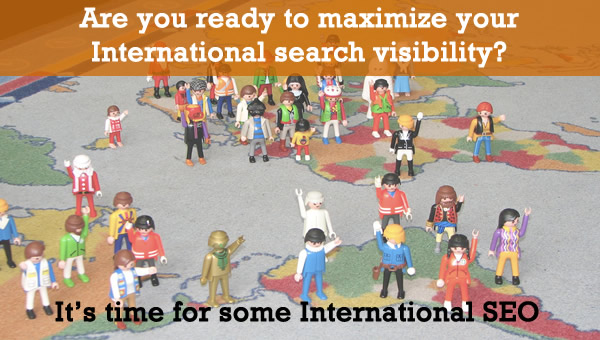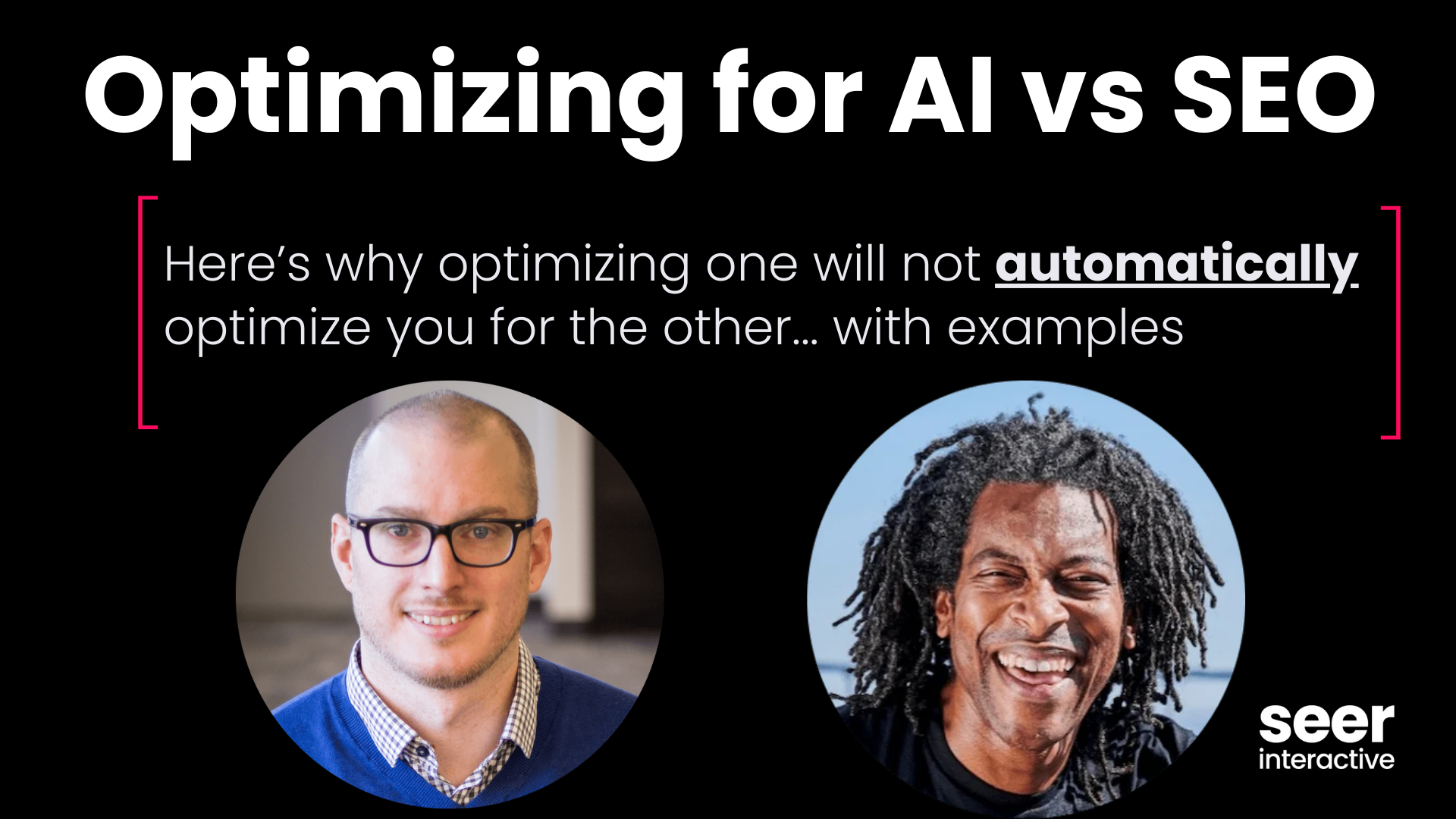
A couple of days ago, on Wednesday January 23rd, we organized the 1st SEER International SEO Q+A.
You can take a look at the event page in Google+ and see all the fun we had answering questions and sharing about international SEO, identifying how to make the most out of the SEO projects oriented to an international audience, geographically or language targeted.
Common International SEO Questions
Some of the questions that were asked during the Q+A are also some of the most common ones about an International SEO process, among them:
Content Translation
Q: When we have a lots of products, you think a translator tool can resolve? To avoid 'build' content in a another language.
A: No. A translation tool will never do the job of creating useful, attractive and very well optimized, without errors and compelling content connecting and answering your audience necessities. Despite the fact that a translation tool can help you for some of the tasks is definitely not a substitute to have a native translation and localization for your content. Remember that's not about only translating exact terms from one language to another but identify and take into consideration the terms that the local audience use, that might not be the exact translations of the ones you have in English. To help with this take at a look at a post I wrote some time ago about how to do international SEO when you don’t speak the language.
International Keyword Research
Q: What are your top tips for approaching Keyword Research when you're looking at multiple regions (including Chinese in your response if possible please). Interested to know for countries that are not dealt with in programmes such as SEMrush.
A: The first thing is to identify which is the most used search engine in the country. Most of the times in the western world it will be Google but in Russia, some eastern European and Asian countries, etc. the biggest search players are others.
Go to the Alexa's top sites per country to verify which is the most popular one and target your efforts to them, you need to focus on the search platforms that are used by your audience. These search engines will offer an alternative to do keyword research, for example, you have Baidu Index for China and Yandex Keywords Stats for Russia and CIS Countries.
Duplicated Content Issues
Q: How long do you think until the same content written in different languages will be considered dupe content?
A: If the content is in different languages they won't be considered as duplicated. The issue usually comes when you have the same content in the same language in different site country versions targeting to different, geographically localized audiences. Google has advanced a lot with this by supporting rel="alternate" hreflang="x".
Also, if you localize the content well, adding particular information about where it's targeted to (name of cities, phone number, currency, addresses, etc.) in prominent elements on the pages (title, descriptions, headings, photos, etc.), besides using rel="alternate" hreflang="x", geolocalizing in Google Webmaster Tools, doing local link building, having a ccTLD, earning links from local media, blogs, citations from sites with local IPs, etc ... all this together will help Google identifying well where it's the content targeting to.
Recommended International SEO Resources
Some of the resources we shared during the Q+A and other interesting sources highly recommended to start with International SEO are the following:
Typical International SEO Issues when you're starting
How do you translate? Which is the best approach for your brand or the URLs with languages not using the latin alphabet?
- How To Do International SEO When You Don’t Speak The Language
- Should You Transliterate Your Brand For International SEO?
International Sites Organization
ccTLDs or directories? Subdomains or directories for each language? Which is the best option according to your situation? Here's a post I wrote some time ago about the criteria to take into consideration to select the best alternative for you.
International SEO Audit Criteria
Which are the different aspects that you need to consider to start optimizing your site for an international audience?
- International tab in the amazing Annie Cushing's Audit Checklist with a compendium of them.
International SEO Guides Presentations / Guides
Guides as presentations that you can take a look to have a complete overview of an International SEO Process:
- SEO for international multilingual projects by Ani Lopez
- International Search Engine Optimization - Multilingual SEO by Fernando Maciá
- Foreign Language SEO: The New Long Tail Mozinar by Zeph Snapp
Using HREFLang & Google Webmaster Tools to Geolocalize
Take a look at these resources to help you target your sites to a specific language and country:
- HREFLANG Sitemap Tool by Pete Handley
- A Simple Guide to Using rel="alternate" hreflang="x" by Nick Eubanks
- Case Study: The Impact of HrefLang Tag by Saurav Rimal
- Geotargeting with Google Webmaster Tools
Stay Updated - International SEO studies, news columns and events
If you want to stay updated with international SEO you can read, follow and attend:
- International SEO: Dropping the Information Dust by Gianluca Fiorelli
- Multinational Search Column at Search Engine Land
- International Search Category at State of Search
- The International Search Summit
More about International SEO?
We're just getting started! You'll definitely have more. Expect more updates and resources about International SEO at the SEER Interactive blog starting next week.
Photo under creative commons taken from Flickr.

